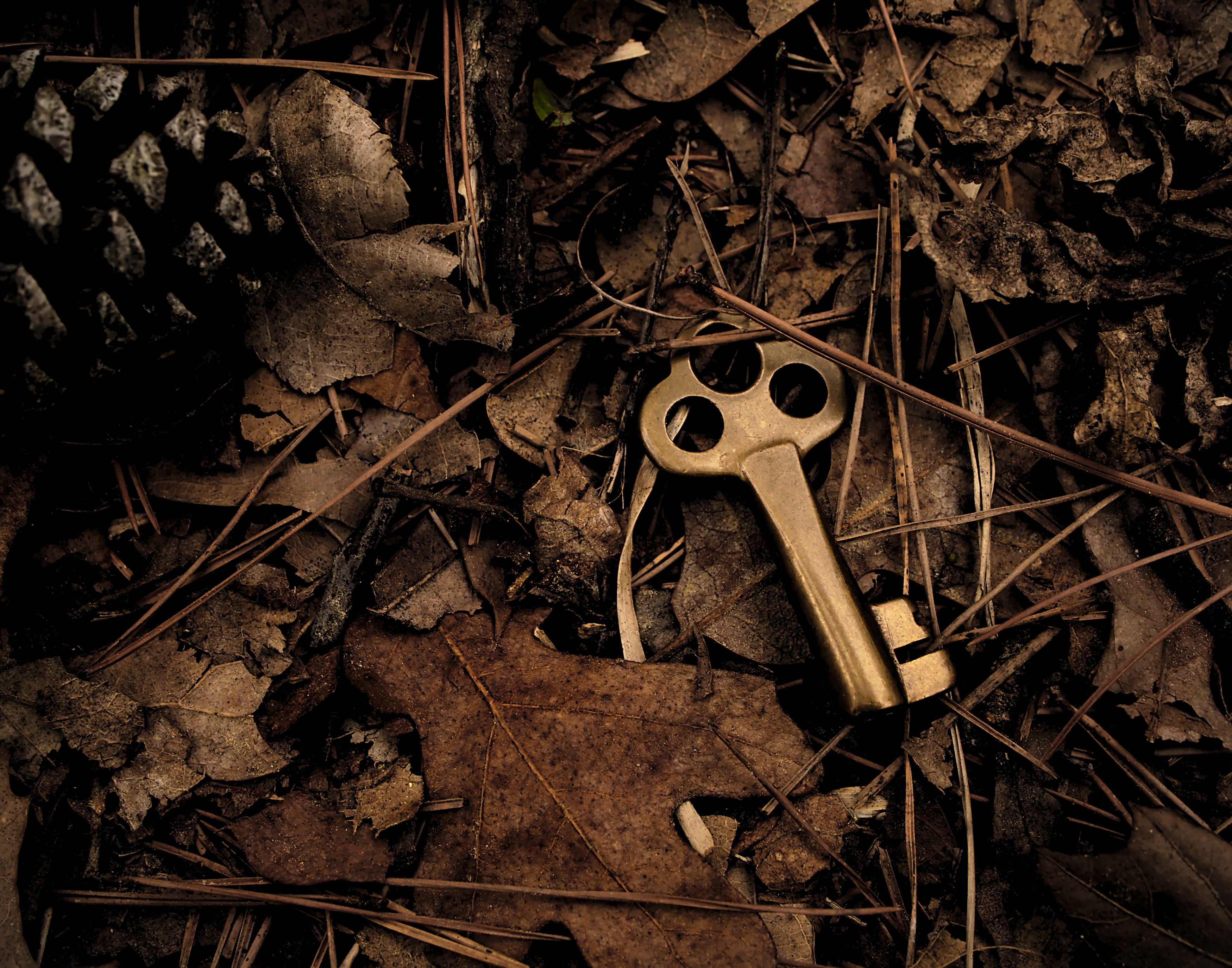
A question I was asked by a client recently. And we all come across them – people who just don’t seem to realise how much we’ve given them. Be it your time, your energy, your attention, your love, your support, or even your services as a business owner.
When you notice someone is ungrateful – what do you do?
Here’s the guidance I wish I’d learned in school. It will help you stay out of drama, able to tend to the relationships that matter to you, without abandoning yourself.
First, realise that when you feel they are ungrateful it means that you expected a different response than the one you got.
There can be lots of reasons for this. The first is that they could just be horrible and obnoxious people. If that is the case, deal with the situation as best as you can to control damages and then just let them go. They are not the people you want to invest your time and attention in.
But most of the time, that’s not the issue. They are fine people, maybe even friends and family members that you love. Or the person you are happily married to.
Then it’s time to go on a fact finding mission.
Check in with yourself: what are your thoughts and feelings around this? What were you expecting? Is there a reason why you could imagine them feeling less grateful? When you catch yourself thinking about how ‘right’ you are for expecting their gratitude, making the case for why they are wrong – take a breath and explore further. What else is going on? Why is this so important for you? What value is being questioned?
Then check in with the other person. If you really want to get to the bottom of what happened, and invest in the relationship, decide to hold space for them. Invite them to speak about what this was like for them, what happened from their perspective. And commit yourself to listen and to keep listening, even when you feel triggered. Try asking:
‘And is there anything else about … (a literal word they used)?’
This is a clean language question that we use a lot in Soul-based Coaching. They have been developed by David Grove, and help you both explore the situation without putting your own ‘stuff’ in the conversation at that point. It’s ‘clean’ because none of your opinions, judgments, accusations, emotions or thoughts can fit into it.
Asking that question a few times will help you understand the other person’s perspective very well, and it will also make the other person feel incredibly heard and validated – without it meaning that you have to agree with them.
Because only when you really understand where they are coming from, and can relate to them on a human-to-human level, can you start to see the full picture of what was happening and where the solution could be.
You can then share what was happening for you. How you noticed you were triggered by what happened earlier. You can share what is important about that for you. You can tell what your non-negotiable boundaries are. You can share what you would like to have happen next. And you can ask what they would like to have happen next.
Chances are high that you will find that both of you had different expectations, or are valuing different things without realising what that means to the other person.
To give you an example: last time I asked my husband to put something on our digital shopping list, he asked me with some clear judgment in his voice when I’d done that myself lately. For him, I was ungrateful for asking him and not just taking the time to do it myself.
At that moment, I was in our family’s morning routine, making breakfast for our daughter, making tea, feeding the dog and mentally preparing the other things that needed to happen before I could start my day. He was getting ready to make his coffee after having had breakfast. I felt unseen and over asked.
Some thunder and lightning happened as a result. After the dust settled, we could be curious and share what happened for each of us. Both perspectives were ‘true’. We could easily see what mattered about this for both of us. And that was it. We could be grateful for each other’s contribution to the mechanics of running a family in lockdown. We tapped into our huge gratitude for being able to do life together.
This is a micro example. The same dynamics can happen in any interaction where expectations vary, where personal preferences vary, where personalities act in very different ways.
The key thing to remember is that even though it can feel like it, this dynamic itself isn’t personal. It doesn’t have to mean anything about you, about the other person or about the relationship. It’s messy humanness in action.
But it’s up to you to take responsibility to honour yourself and your boundaries, and to show up with your vulnerability to tend to the relationships that matter to you. This is how magic happens in connection and mutual growth.
There will always be situations where you may feel someone is ungrateful, that’s life. And when you don’t have the skill set to navigate that, there will be a lot of drama that will continue to unfold in your life.
So I invite you to learn to be in the storm and to stay present without abandoning yourself or the people that matter to you.
Image credit: Michael Dziedzic on Unsplash

